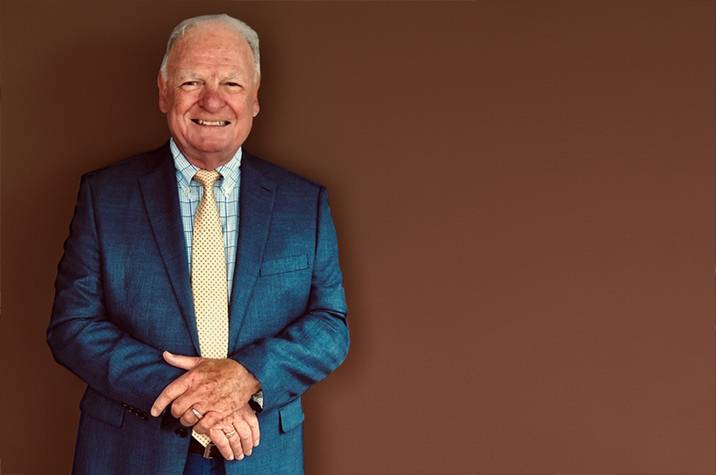Retired RCMP Commissioner Phil Murray chats with the Gazette (Q-and-A)

Philip Robert Murray served as the 19th Commissioner of the RCMP from 1994 to 2000
Image by RCMP
July 25, 2024
Content
Phil Murray served as the RCMP's 19th Commissioner from 1994 to 2000. Originally from Ottawa, Ontario, Murray joined the RCMP in 1962 and spent his early career in Saskatchewan. In 1979 he returned to Ottawa and took on various roles including superintendent in charge of VIP and airport security, and eventually deputy commissioner and Commissioner. In this Q-and-A from our commissioners series, Gazette writer Meagan Massad spoke to Murray about his recollections and reflections on leading the RCMP.
- When did you begin your career with the RCMP?
- I joined the RCMP when I was 19 years old and John Diefenbaker was Prime Minister. I took the train to Regina in the middle of March to begin our training and I remember it being very cold, but it was an enthralling experience to be at Depot. When I was first given my badge, I was stationed in Saskatchewan, serving in smaller communities, which I really enjoyed.
- What was it like working in small towns?
- Those days were before overtime, so we would work longer hours with fewer resources. But I found that to be a nice time in my life because the locals recognized our contributions. Oftentimes the community would take us out for a meal after a long shift. I've still maintained friendships with some of the community members and fellow Mounties in those smaller towns.
- What was an interesting position you held, leading up to your tenure as Commissioner?
- That would have to be when I was assistant commissioner. I was responsible for Protective and Technical Operations in the late 1980s. Canada hosted a number of momentous international events that required a lot of major security planning. It included a visit by United States President Reagan to Ottawa, hosting the Francophone Summit in Quebec City, the Winter Olympics in Calgary, the G7 Summit in Toronto, and culminating with the 1988 federal election. At the time, Canada was on the world stage. We had amazing protective teams across the country. All events were carried out without a security incident and I'm incredibly proud of all of them. Now that I think of it, this was the period when my hair turned gray!
- What experiences impacted you early in your career?
- I had some great non-commissioned officers to mentor me in the smaller detachments in Saskatchewan — Barry Smith in Broadview and Stan Martin in Fort Qu'Appelle. They were community-minded leaders that instilled a lot of good values in young members like myself. I learned how to serve a community well and look after local needs. It comes down to the relationships you build with people. That meant getting more engaged and involved in the communities, and really appreciating the individual needs of the people living there.
- What was your greatest challenge as Commissioner?
- When I became Commissioner in 1994, Canada was in the throes of a major financial crisis as debt and deficits had become unmanageable. The government of the day implemented massive budget cuts and pay freezes over three years, and the RCMP was no exception. Across all our programs, we were cut hundreds of millions of dollars along with a pay freeze. That was, without question, the biggest challenge we had to face. Keeping morale up and service delivery strong became my top priority.
- How did you overcome it?
- We tried to protect our frontlines and kept the cuts to the administrative side. In the end, we created a pay council wherein the government agreed to pay officers the average pay and benefits of the top three of the eight largest police services in Canada. We received a large influx of new money and pay increases, which got us back in line with other larger police services.
- What are you most proud of during your time as Commissioner?
- As I think back, the thing I am proudest of is the senior team we were able to build across the country. I always saw myself as part of a team and tried to surround myself with leaders who were committed, strategic, and visionary. In that sense, it made my job much easier. I always slept well at night knowing our team was doing the right thing, in the right way, at the right time.
- Is there a moment in your career that you look back on fondly?
- I was working in Saskatchewan at the time of the RCMP's centennial in 1973. I was quite involved in security planning the anniversary events, and the Queen came to visit. I remember Commissioner Leonard Higgitt at the ceremony alongside the Queen, and they presented a horse, which was named Centennial, in the Depot Square in Regina. As we're now approaching our 150th anniversary, it's hard to imagine how quickly time passes, and I look forward to seeing the RCMP carry on.